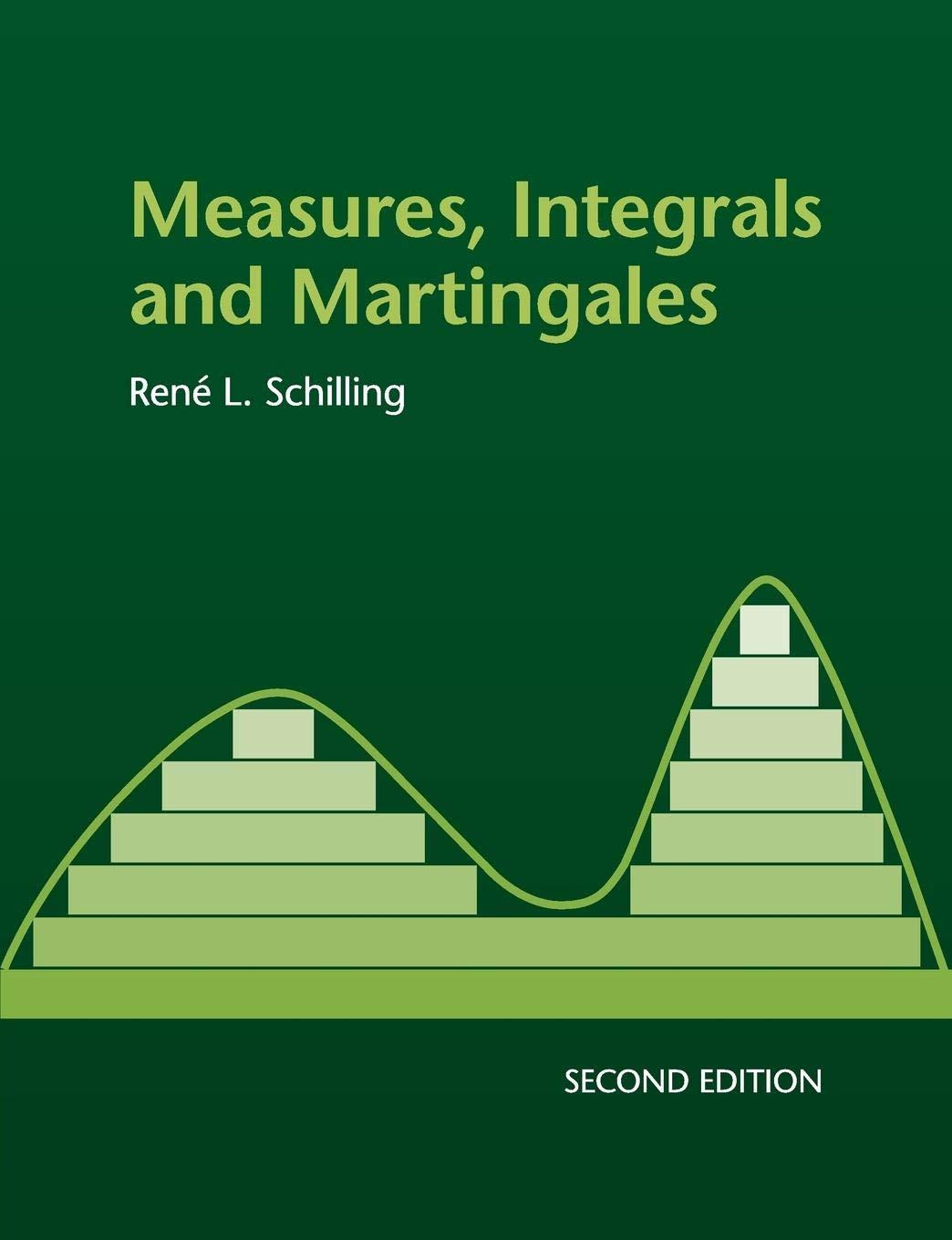Extend Problem 2.15 to deduce (#{0,1,2, ldots, n}^{mathbb{N}}=#(0,1)) for all (n in mathbb{N}). Data from problem 2.15
Question:
Extend Problem 2.15 to deduce \(\#\{0,1,2, \ldots, n\}^{\mathbb{N}}=\#(0,1)\) for all \(n \in \mathbb{N}\).
Data from problem 2.15
Adapt the proof of Theorem 2.8 to show that \(\#\{1,2\}^{\mathbb{N}} \leqslant \#(0,1) \leqslant \#\{0,1\}^{\mathbb{N}}\) and conclude that \(\#(0,1)=\#\{0,1\}^{\mathbb{N}}\).
Remark. This is the reason for writing \(\mathfrak{c}=2^{\aleph_{0}}\).
[ interpret \(\{0,1\}^{\mathbb{N}}\) as base- 2 expansions of all numbers in \((0,1)\) while \(\{1,2\}^{\mathbb{N}}\) are all infinite base-3 expansions lacking the digit 0 .]
Fantastic news! We've Found the answer you've been seeking!
Step by Step Answer:
Related Book For 

Question Posted:





